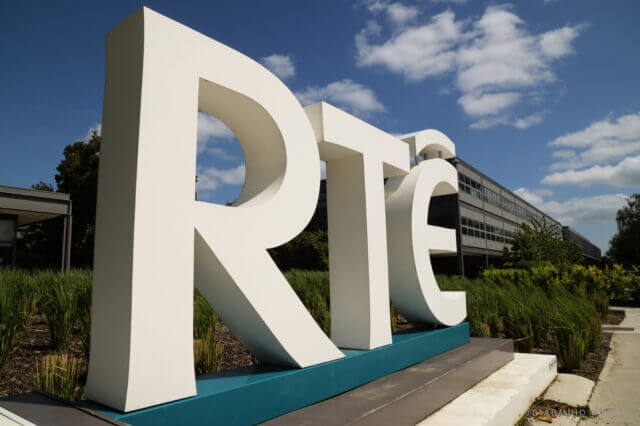- End of Irish licence fee subject to the winners of the next general election. Future RTÉ funding could involve money directly from the state.
Following a year of scandal at the public broadcaster, RTÉ is just weeks away from finding out how it could be funded in the future.
Irish Minister for Media Catherine Martin has confirmed she plans to make a decision on reforming the funding model for public service broadcasting before Ireland’s parliament enters into summer recess in early July.
This follows the publication of two reports setting out recommendations on how RTÉ should be governed and funded in the future.
Currently, RTÉ is funded via a hybrid of TV licence fee income and revenue from advertising on its services. Meanwhile, TG4 receives a mix of direct government funding to supplement advertising and sponsorship revenue.
Martin suggested that going forward, public broadcasting in Ireland could be funded by either a reformed broadcasting charge to be collected by the Revenue Commissioners or direct funding from the Exchequer.
In other words, both RTÉ and TG4 could receive direct funding from the Exchequer in the future. The €160 RTÉ licence fee would be abolished.
Acknowledging that any legislative changes required may not pass through the Oireachtas before the next general election, Martin said: “I would hope that any government that is in place after the next election will take very seriously the key recommendations from expert groups that are putting RTÉ and public service broadcasting on sure footing.”
How did we get here?
RTÉ’s funding has come under the spotlight after the broadcaster was found to have made secret overpayments to presenter Ryan Tubridy, meaning he received a much higher salary than publicised. RTÉ management also hid money in accounts to pay for lavish expenses while ordinary RTÉ staff faced job cuts. Others had to endure challenges as a result of cost cutting. For example, RTÉ’s former London correspondent Fiona Mitchell was forced to voice over bulletin-leading reports from café toilets after RTÉ closed its Millbank bureau to cut costs.
Nearly a year after the scandal broke, Government-commissioned reports into RTÉ’s governance has set out over 100 recommendations to avoid a repeat of the financial scandal. RTÉ faces greater scrutiny and auditing and will need to be more transparent about pay.
Since the scandal emerged, 137,057 fewer households paid the TV licence fee since start of RTÉ controversies last summer, according to figures seen in March by The Irish Times.
Changes to how RTÉ is funded aim to stabilise Irish public broadcasting, amidst growing competition from non-Irish broadcasters and streamers. However, direct state funding could risk Government becoming too close to the broadcaster.
Parallels
While the BBC hasn’t been the subject of that type of scandal in the UK, its funding arrangement will also be determined by whoever wins the next general election. Like RTÉ, it’s expected the licence fee will also be replaced in the UK with an alternative funding arrangement. The current UK Government is considering which other options are viable.
By: Marc Thornham | Image: RTÉ

